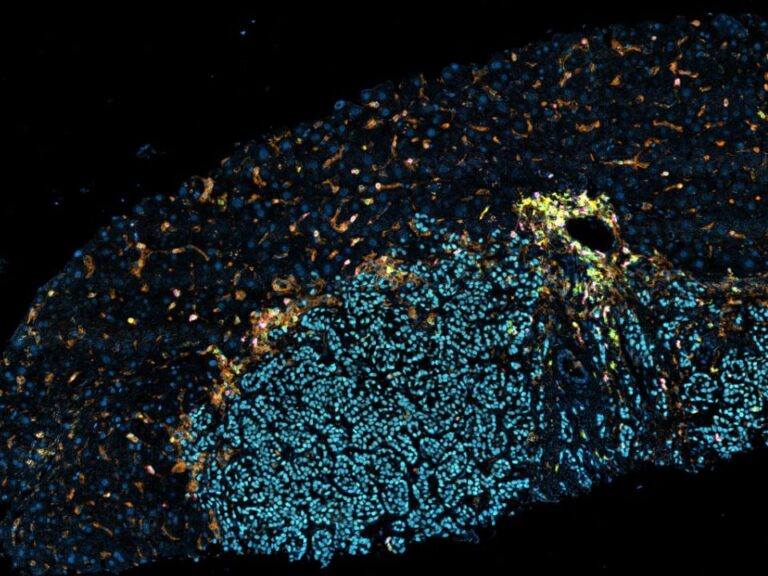There’s been much recent gnashing of teeth (at least within the narrow and rather insular world of do-it-yourself genomics) about the gall of the FDA in choosing to issue a warning letter to 23andMe, effectively shutting down marketing of their direct-to-consumer personal genomic profiling. And adding to 23andMe’s woes, a class action suit has been filed against them. The FDA’s call was an easy one. That agency is charged with regulating drugs, complex medical tests and medical devices to ensure that they are generally safe and that there is evidence to support the claims of efficacy made on their behalf. Had they not taken action they simply would not have been doing their job. 23andMe’s advertising about their product consistently claimed (both implicitly and explicitly) that the information they provided would improve your health. The only problem was that there is no evidence to back up these claims, forcing them instead to rely on wishful thinking and anecdotes. In the wishful thinking category, the idea that “knowing your risk” of heart disease will lead to sustained and effective action by individuals to minimize that risk has simply not been supported by evidence. Indeed, it flies in the face of everything we have learned about how hard it is to change human behavior; the idea that genetic risk information would be a magic bullet to influence human behavior for the better never held much promise in the first place. And in the “anecdote” category, where (highly selected) happy customers trot out a personal story about how 23andMe changed their lives, well, I have a good friend who reads her horoscope every day. Last Tuesday she had a really great day, completely in accordance with what the newspaper said that Capricorns should expect. Anecdotes are a poor means of divining reality, and this is as true for medicine as in any other realm. The bottom line is that genomic analysis is a complex medical test with the power to help, to harm, and to confuse. The FDA was simply acting within its mandate and made a reasonable demand regarding 23andMe’s product: show us the data in support of your claims. The company couldn’t do that, so the FDA took the logical next step. When I buy a toaster I expect it to live up to the claims that have been made. Why should we expect anything less for something advertised as a medical test? |
| Click Here to Subscribe and Read the Whole Story |
Guest Editorial: Reflections on FDA Warning to 23andMe
Share on facebook
Share on twitter
Share on linkedin
Share on email
Share on print
YOU MAY BE INTERESTED IN
Acting Director Dr. Krzysztof Ptak’s words reverberated throughout the meeting room—and the heads of several of us—during the National Cancer Institute’s Office of Cancer Centers update on the final day of the 2024 Association of American Cancer Institutes/Cancer Center Administrators Forum Annual Meeting in Chicago.


“Bridge to Bahia” exhibit.Source: Sylvester Comprehensive Cancer CenterKaren Estrada, a survivor of acute myeloid leukemia, used visual art to communicate with her two boys while undergoing a bone marrow transplant at Sylvester Comprehensive Cancer Center. Because Estrada’s treatment required isolation, and her young children could not yet read and write, she sought out other creative vessels to foster closeness between them.


Robert F. Kennedy Jr., President-elect Donald Trump’s choice for HHS secretary, is unfit for that role and should not be confirmed, 77 Nobel laureates said in a letter to members of the U.S. Senate.


The NCI Board of Scientific Advisors approved four new concepts and five reissue concepts at a joint meeting of the BSA and the National Cancer Advisory Board Dec. 2-3.


What does the most-read story of 2024 say about the priorities of our readers?








